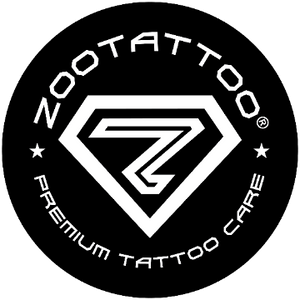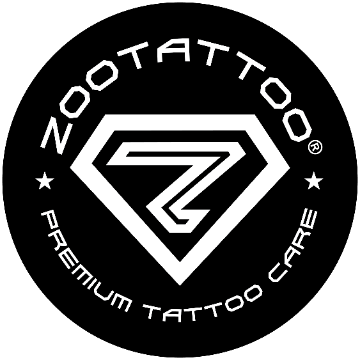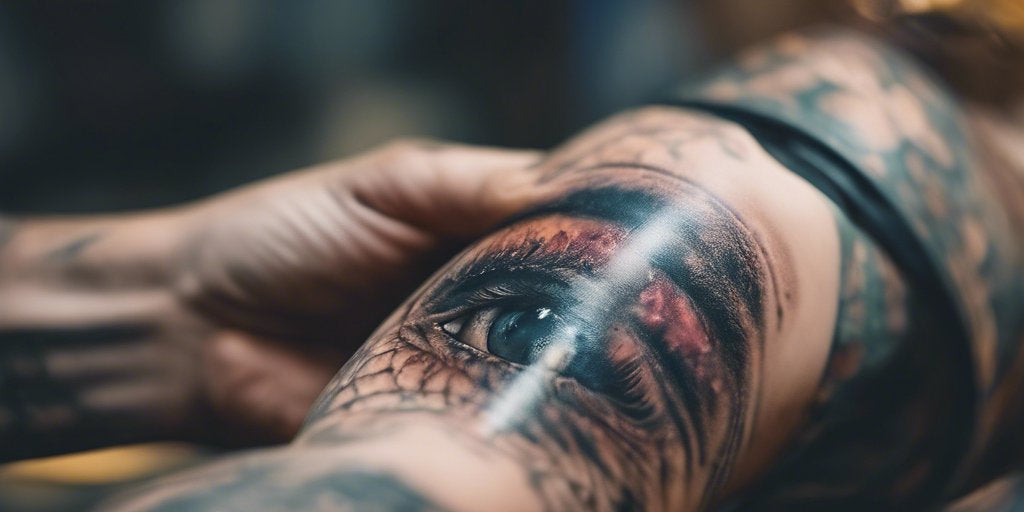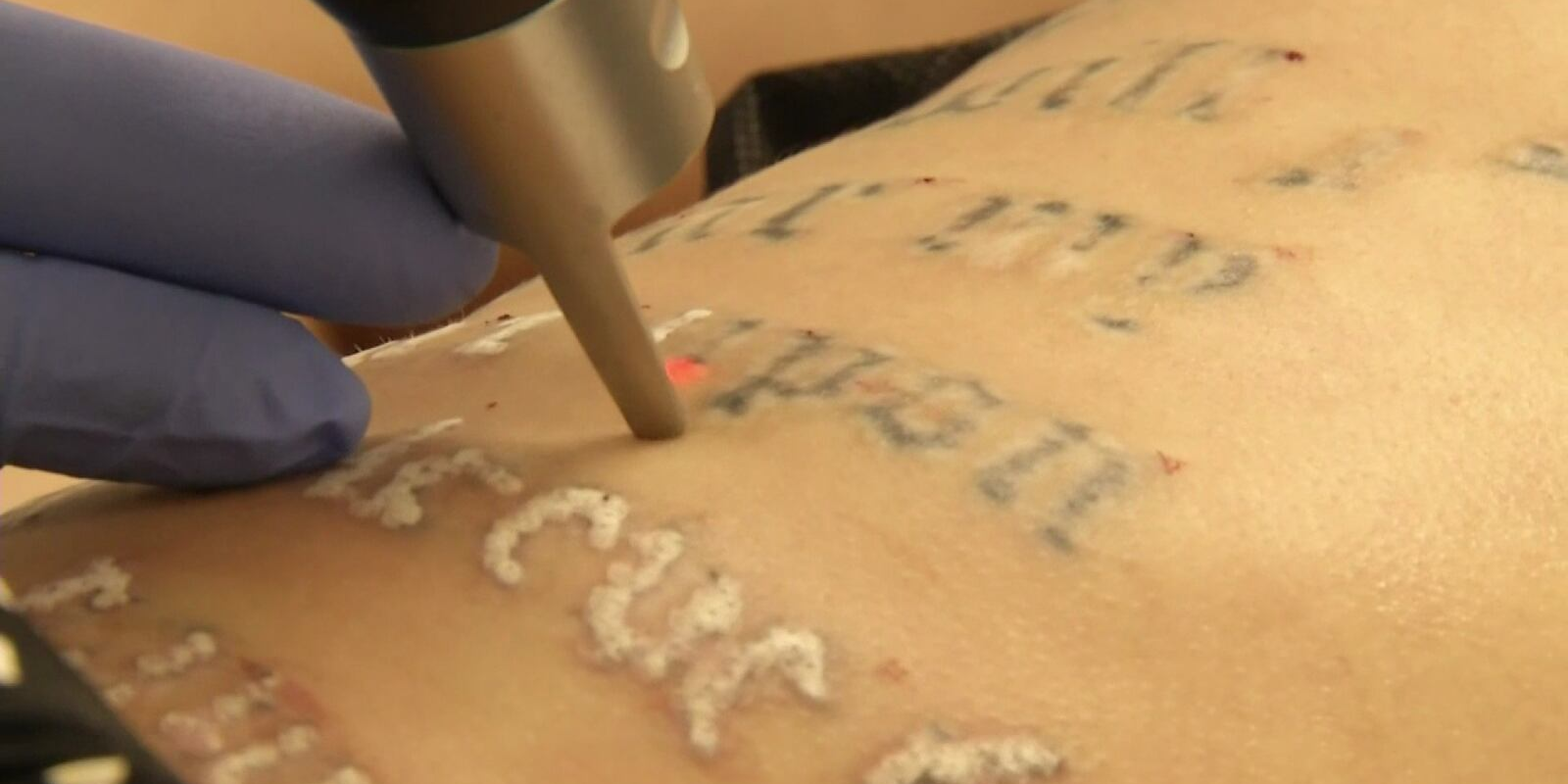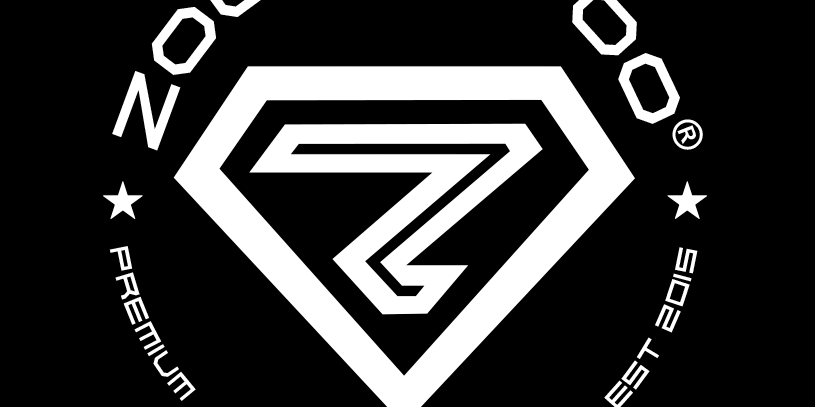The Intriguing History of Tattoos

Tattoos have been a form of self-expression and cultural tradition for thousands of years. The practice of permanently marking the skin with ink has a rich and diverse history that dates back to ancient times. From ancient civilizations to modern society, tattoos have evolved and changed in meaning, but their allure remains strong. In this article, we will delve into the fascinating history of tattoos, exploring their origins, significance, and transformation over the centuries.
The Origins of Tattooing
The exact origins of tattooing are shrouded in mystery, as the practice predates written history. Archaeological evidence suggests that tattooing has been practiced for over 5000 years. The earliest evidence of tattooed human skin was discovered on the mummified remains of Ötzi the Iceman, a natural mummy from around 3300 BCE.
Ancient Egyptian civilization also heavily embraced tattooing. Tattoos were found on mummies dating back to 2000 BCE. They were both a form of art and a spiritual practice, with tattoos symbolizing religious devotion and protection.
Tattoos in Ancient Cultures
Tattooing was not limited to ancient Egypt. Many other ancient cultures around the world practiced tattooing as well. In Japan, tattoos, known as Irezumi, were an integral part of the indigenous Ainu culture. Tattoos in ancient Japan were believed to provide protection from evil spirits, represent social status, and enhance beauty.
In Polynesia, tattoos held deep cultural significance. The indigenous Maori people of New Zealand used intricate facial tattoos called moko to communicate their genealogy, social status, and personal identities. The bold and intricate designs made each tattoo unique and served as a symbol of their cultural heritage.
The Renaissance and Tattoo Revival
During the Renaissance period in Europe, tattooing took a downturn. Tattoos were associated with criminals, outcasts, and the lower classes. However, tattooing became popular among sailors who explored the world, bringing back tales of the fascinating tattoos they encountered in the South Pacific and other regions.
The European fascination with tattoos began to rise in the late 18th century when Captain James Cook brought tattooed Tahitian natives to exhibit in England. The Tahitian word "tatu" was eventually adopted into the English language, leading to the popularization of the term "tattoo."
The Modern Era of Tattoos
In the late 19th century, tattoos started to gain traction once again. Samuel O'Reilly patented the first electric tattoo machine in 1891, revolutionizing the tattooing process. This invention made it easier and faster to create intricate designs, leading to the popularization of tattoos in Western society.
During the 20th century, tattoos became associated with counterculture movements and rebellion. They were often seen as a mark of defiance against societal norms. However, tattoos gradually transitioned into mainstream culture, becoming a form of personal expression and art.
Tattoos in Modern Culture
In contemporary society, tattoos have become increasingly common. They are embraced as a means of self-expression, individuality, and commemoration. Tattoos can commemorate special events, loved ones, or serve as reminders of personal milestones. They can also be created purely for aesthetic purposes, with intricate designs and vibrant colors.
Celebrities and influencers have played a significant role in the mainstream acceptance of tattoos. Many famous individuals proudly display their body art, further fueling the popularity and acceptance of tattoos in society.
The Symbolism of Tattoos
Tattoos hold different meanings for different people. Symbolism can be deeply personal or derived from cultural traditions and historical contexts. Tattoos can represent love, strength, resilience, spirituality, or simply serve as a visual expression of one's personality and interests.
For example, in Eastern cultures like China and Japan, dragon tattoos symbolize power, wisdom, and protection. In Native American cultures, feather tattoos can represent spiritual connection and a journey of self-discovery. Symbols such as anchors, roses, and butterflies also carry their own unique meanings.
Tattooing Techniques
Advancements in tattooing techniques and equipment have transformed the industry. Modern tattoo artists utilize various techniques, including traditional hand-tapping methods, rotary machines, and more advanced tattoo guns. Different styles, such as traditional, realism, watercolor, and geometric, provide tattoo enthusiasts with a wide range of options to choose from.
Tattoo Care and Safety
Getting a tattoo is an exciting experience, but it is crucial to prioritize safety and proper aftercare. Before getting a tattoo, it's essential to choose a reputable and professional tattoo artist who works in a clean and sterile environment.
After getting a tattoo, it's vital to follow the artist's aftercare instructions to ensure proper healing and prevent infections. This usually involves keeping the tattoo clean, avoiding direct sunlight, and using aftercare ointments or lotions recommended by the artist.
The Enduring Allure of Tattoos
Tattoos have come a long way, evolving from stigmatized symbols to mainstream forms of self-expression and art. The history of tattoos showcases their ability to transcend cultural boundaries and serve as a timeless means of personal storytelling.
Whether it's a simple quote, a small symbol, or an intricate full-body design, tattoos continue to captivate individuals from all walks of life. They allow us to wear our stories on our skin, forever commemorating our experiences and serving as a profound reminder of who we are.
Embrace the Ink
So why not dive into the rich history of tattoos and find the perfect design that resonates with you? Explore the endless possibilities and let your body be the canvas for your own unique narrative. Whether you want to honor tradition, make a bold statement, or simply embrace beauty, tattoos are a powerful way to express yourself and become a walking work of art!

This article was brought to you by ZOOTATTOO® The world's premium vegan aftercare balms, creams, adhesive wraps, and cleansers. We only use high quality exotic Australian Organic Hemp Oil and complimentary botanical ingredients for when you're healing tattoos, scalp micro-pigmentation and laser treated skin.You won't look back!
FREE SHIPPING on orders over $100AUD to USA, Australia, Canada, New Zealand, UK, Belgium, Germany, France, Ireland, Switzerland and Netherlands ORDER HERE
**Free shipping is not redeemable with other promotional discounts.
0 comments
